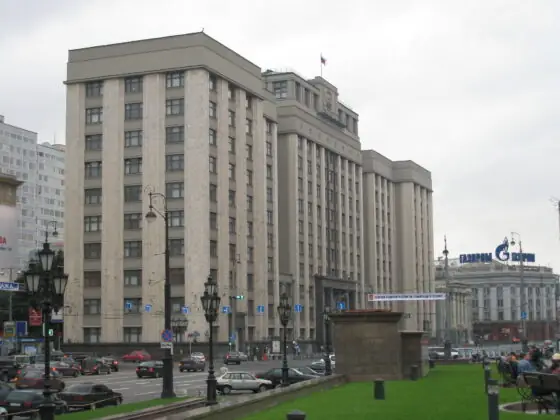Local wars in the Caucasus have always tended to follow precedents–whether in the 19th century, in 1917-21, or in the period of 1989-94. It remains uncertain whether the NATO operation in Kosovo or the second Chechen war within a decade will induce new wars in Karabakh, Abkhazia and elsewhere, but it is clear that the region's many conflicts have not ended in any durable solution.
The conventional explanation for such conflicts stresses the combination of local ancient hatreds and Moscow's secret meddling. I argue that this explanation is both incorrect and an impediment to finding a durable, peaceful solution. After all (it is argued), there is nothing to be done if the hatreds are so ancient, and Russia, as any state faced with similar problems, can surely be expected to continue "meddling" in its Caucasian underbelly. To reframe these inherently pessimistic assumptions, let us revisit the background and the typical arguments or presumed "facts" one hears from the opponents in the Abkhazia conflict. This is by no means a pedantic exercise. Abkhazia's troubles are structurally similar to other smoldering separatist conflicts throughout the Caucasus and the Balkans. By getting the record straight with Abkhazia, we may gain a better understanding of Karabakh and Kosovo, as well. […]








